
Professor Dimitrios Buhalis Head of Department of Tourism and Hospitality at Bournemouth University was invited to the University of Pretoria, on 9 September 2016, to deliver a keynote speech on Universal Accessibility for Tourism and meet the South Africa’s Minister of Tourism, Derek Hanekom.
The Department of Tourism and Hospitality, Bournemouth University is a partner with the University of Pretoria, one of the oldest and most established Universities in South Africa. Professor Buhalis had discussions with the Head of Department of Tourism Professor Berendien Lubbe and her colleagues about research partnerships that will cover a number of areas including eTourism, accessibility, destination management and marketing, and wildlife tourism.
During the Tourism Symposium Professor Buhalis had the opportunity to reflect on Accessibility as welcoming all everywhere any time and he explored several global best practice examples in accessible tourism. He contributed to the Symposium that included a range of important South African and global operators including SANparks, Sun International, Tourvest and SATSA.
Professor Buhalis had the opportunity to meet the Minister of Tourism of South Africa RH Derek Hanekom and to discuss accessibility issues as well as the marketing of South Africa as a destination and global issues such as Brexit, political uncertainty and emerging markets and how they can contribute to tourism and economic development.

Professor Dimitrios Buhalis, Bournemouth University and Derek Hanekom, South Africa’s Minister of Tourism
Professor Buhalis said “I am very glad to establish collaboration with the tourism team of the University of Pretoria South Africa. They are doing very interesting tourism research and a very challenging and rewarding environment. We look forward to develop our research and academic collaboration with the University of Pretoria and develop our research agenda and impact of our research globally. South Africa has unique resources and opportunities to develop tourism as well as challenges that need to be addressed for the benefit of all stakeholders.”
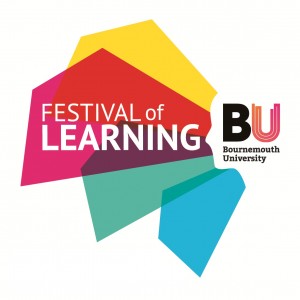 Representing a wonderful celebration of learning, the Festival showcases BU’s research and expertise to a wide and varied audience, including local communities, staff, students, employers and alumni around the world. Read on to find out how you can be involved in 2017!
Representing a wonderful celebration of learning, the Festival showcases BU’s research and expertise to a wide and varied audience, including local communities, staff, students, employers and alumni around the world. Read on to find out how you can be involved in 2017!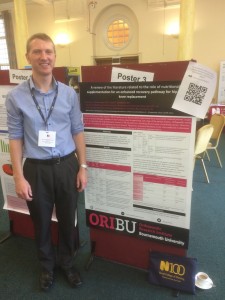
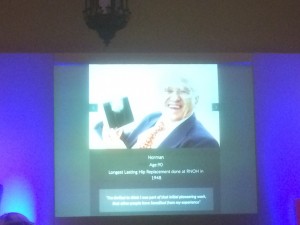
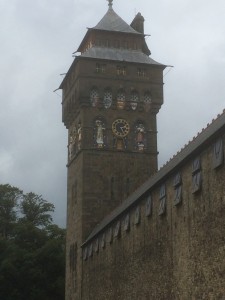
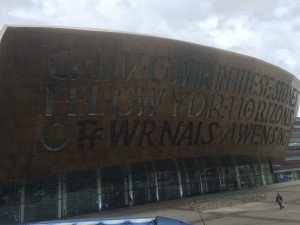
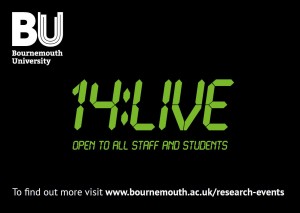

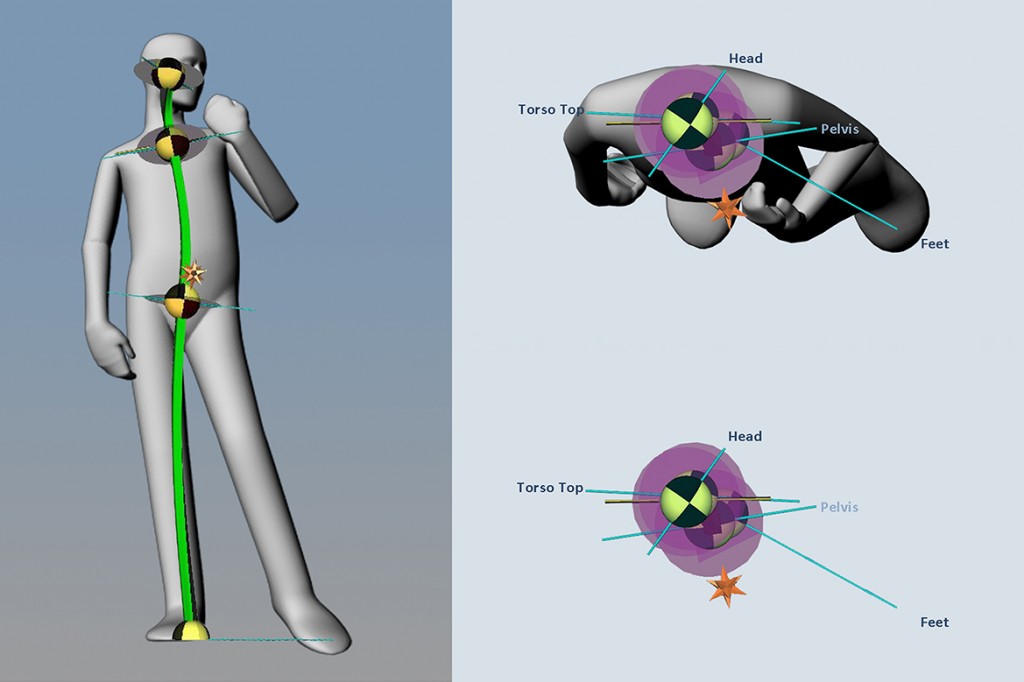






 Every BU academic has a
Every BU academic has a 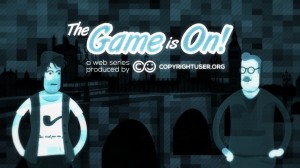
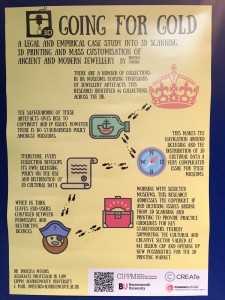











 Expand Your Impact: Collaboration and Networking Workshops for Researchers
Expand Your Impact: Collaboration and Networking Workshops for Researchers Visiting Prof. Sujan Marahatta presenting at BU
Visiting Prof. Sujan Marahatta presenting at BU 3C Event: Research Culture, Community & Can you Guess Who? Thursday 26 March 1-2pm
3C Event: Research Culture, Community & Can you Guess Who? Thursday 26 March 1-2pm UKCGE Recognised Research Supervision Programme: Deadline Approaching
UKCGE Recognised Research Supervision Programme: Deadline Approaching ECR Funding Open Call: Research Culture & Community Grant – Apply now
ECR Funding Open Call: Research Culture & Community Grant – Apply now ECR Funding Open Call: Research Culture & Community Grant – Application Deadline Friday 12 December
ECR Funding Open Call: Research Culture & Community Grant – Application Deadline Friday 12 December MSCA Postdoctoral Fellowships 2025 Call
MSCA Postdoctoral Fellowships 2025 Call ERC Advanced Grant 2025 Webinar
ERC Advanced Grant 2025 Webinar Update on UKRO services
Update on UKRO services European research project exploring use of ‘virtual twins’ to better manage metabolic associated fatty liver disease
European research project exploring use of ‘virtual twins’ to better manage metabolic associated fatty liver disease